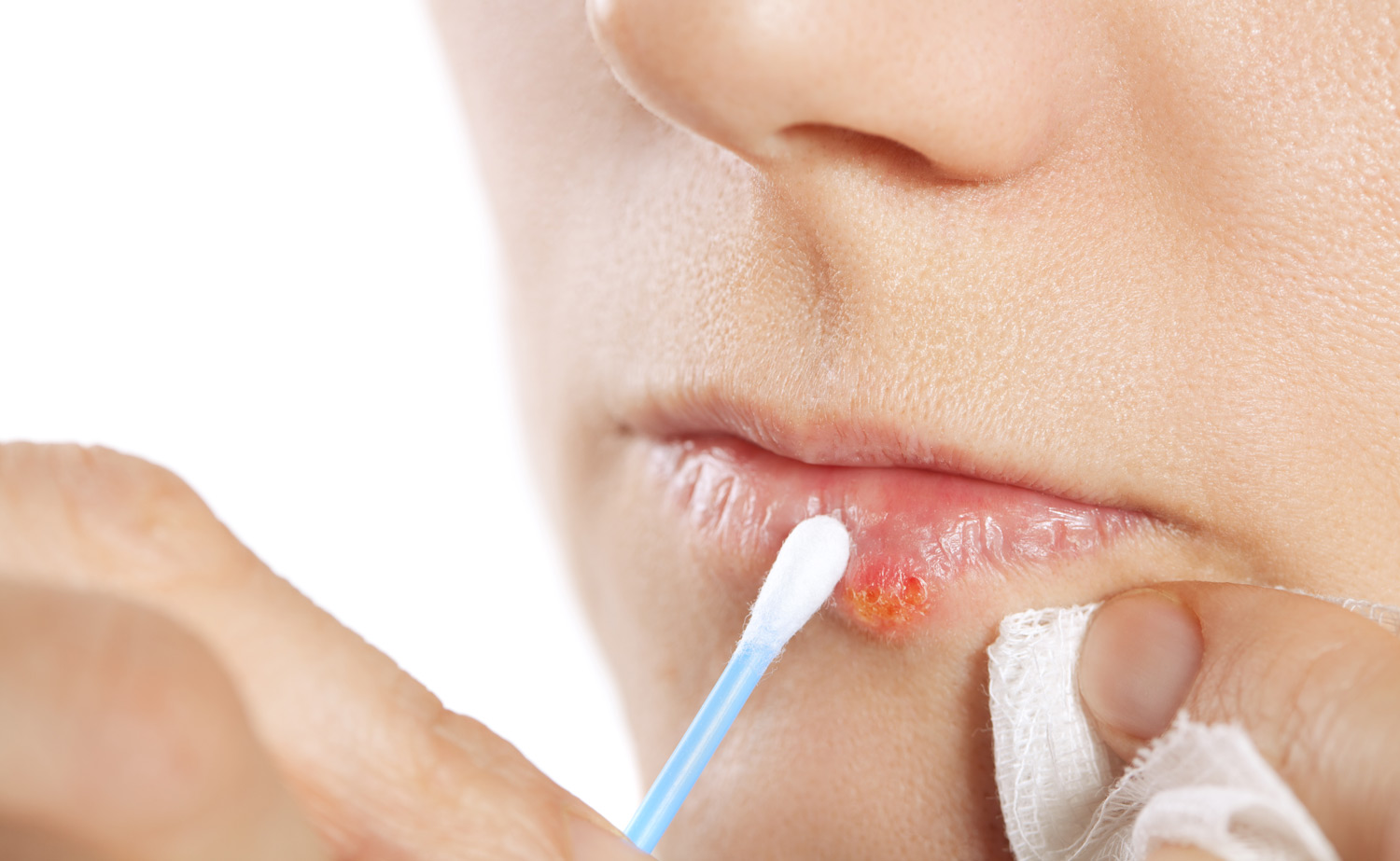How your dentist can help treat a cold sore
Tarwinder Rai - 10 July 2019

“Dentists can help identify cold sores and prescribe a treatment to prevent them,” says oral pathologist and dentist Seema Ganatra. “Cold sores are caused by a virus and can be treated with antiviral medications.”
A cold sore most often appears as a red blister around your mouth or lips, or sometimes even inside the mouth. It is associated with a herpes virus strain that is spread through saliva and by skin contact.
“Most people are infected with this virus at a young age and it remains dormant in the nerves. There are triggers that cause it to reappear in the form of blisters,” says Ganatra, adding that these triggers can include sun exposure, stress and illness. Cold sores can last up to six days. “There is no cure but they can be managed if caught early.”
Dentists and physicians should be your first line of defence. Ganatra says that by regularly using antiviral medication, cold sores can be prevented. “I had one patient who suffered from cold sores frequently and we couldn’t figure out what the trigger was. We put her on an antiviral medication, which she took every day for six months, and she hasn’t had any outbreaks since,” says Ganatra.
There are other types of sores that occur inside the mouth as well. An aphthous ulcer or canker sore is a recurrent sore or ulcer inside the mouth. Unlike cold sores, these sores don’t occur around your lips and aren’t contagious. They occur inside the mouth mainly on the lips and tongue and are quite painful.
These types of ulcers can be related to an immune system imbalance, thin skin in the mouth or an allergy. Stress, vitamin deficiency, anemia and genetics can be contributing factors she explains. Aphthous ulcers/canker sores can also be associated with malabsorption conditions such as celiac disease or inflammatory bowel disease such as Crohn’s disease added Ganatra.
“In most cases, treatment is symptomatic, and in others, the ulcers become less frequent over time. The mainstay of treatment is topical steroid creams or mouthwashes,” she says.